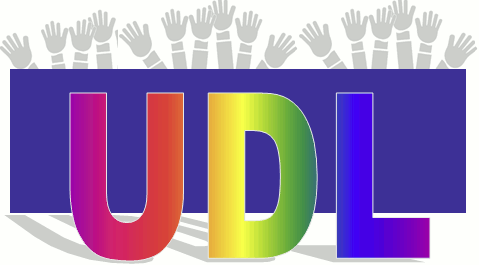I am beyond excited to be a part of a team of fabulous women who are presenting at the CAST: 9th Annual CAST UDL Symposium: Through the Lens of UDL.
On Tuesday, August 1, 2023 we will be virtually presenting our session:
ChatGPT: A Tool for Inclusive UDL and Culturally Responsive Instruction.
Joan Giovannini, Marisha Marks, Jennifer Wallace and I will be walking our audience through an approach to using ChatGPT to explore UDL and Culturally Responsive Instruction solutions for faculty, staff or administrators. Shout out to Jessica Egan who was a vital contributor to our research.
Here is our abstract: Technology continues to emerge in ways we may not have experienced. As UDL advocates and intentional course designers, our session aims at exploring the benefits and concerns of implementing ChatGPT to support faculty in designing instruction using Universal Design for Learning [UDL] and culturally responsive instruction. This session will be a collaborative presentation representing faculty and instructional design experts from two community college Hispanic-Serving Institutions (HSI). This highly interactive session will investigate limitations for students with disabilities, solutions for aligning activities using this tool to a UDL framework, and possibilities for expanding the use into curricular design processes with an eye for culturally relevant pedagogy.


